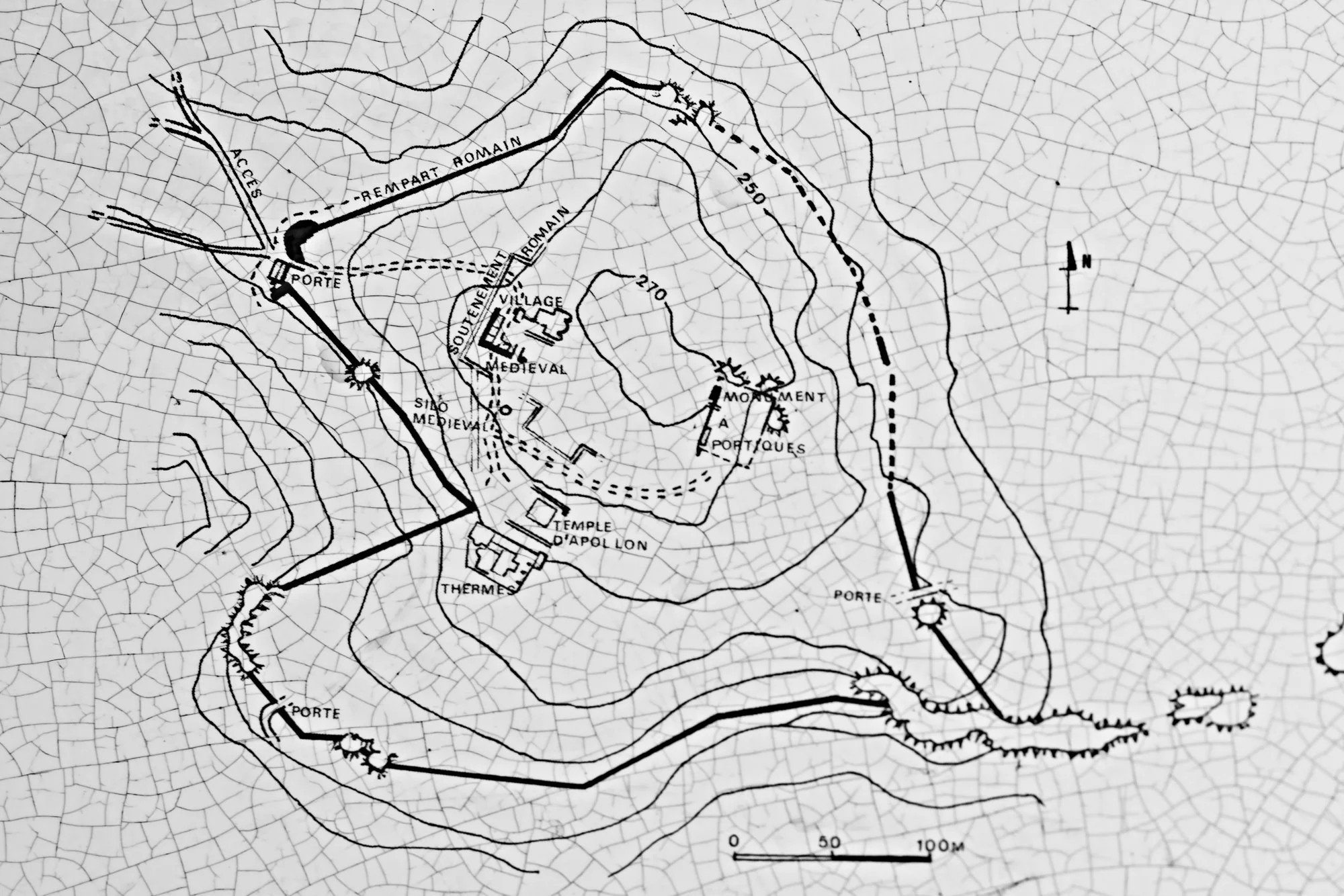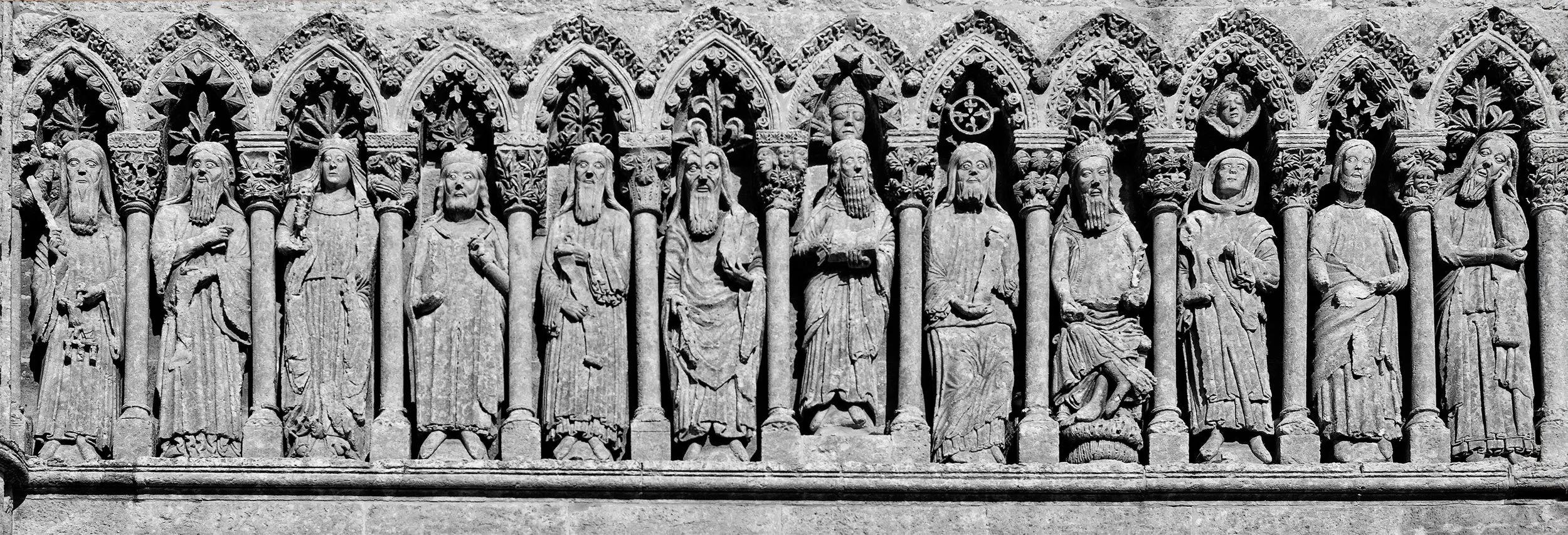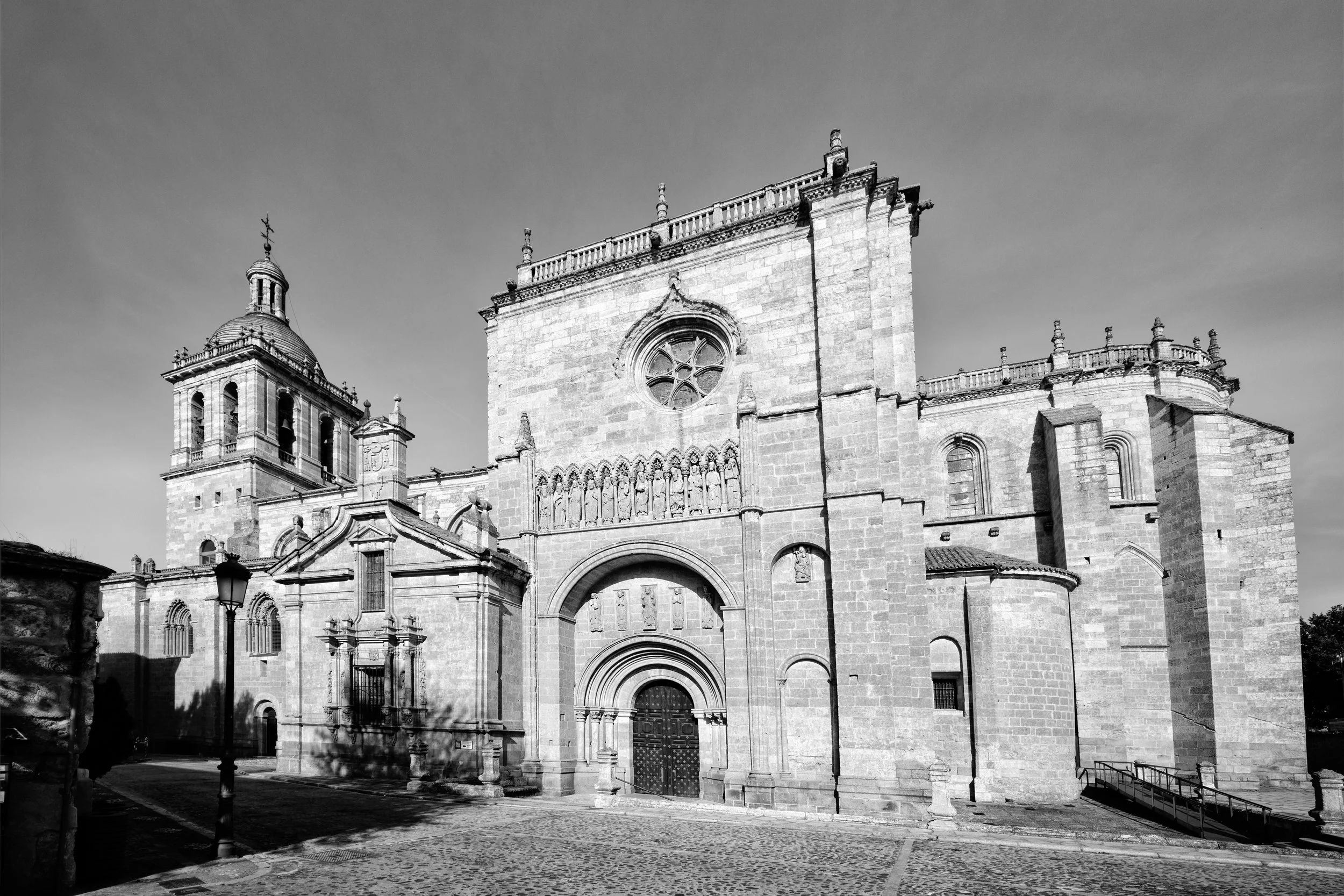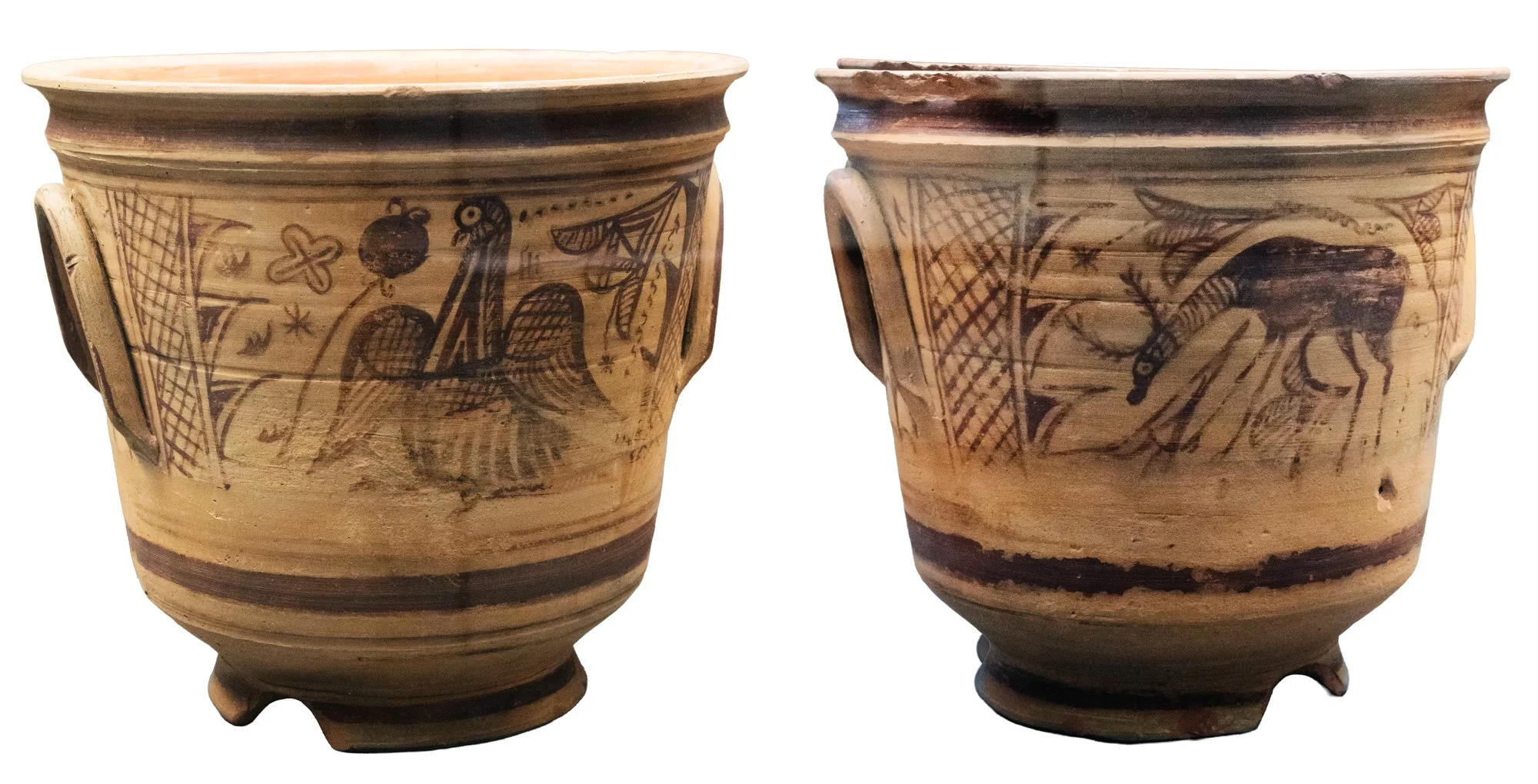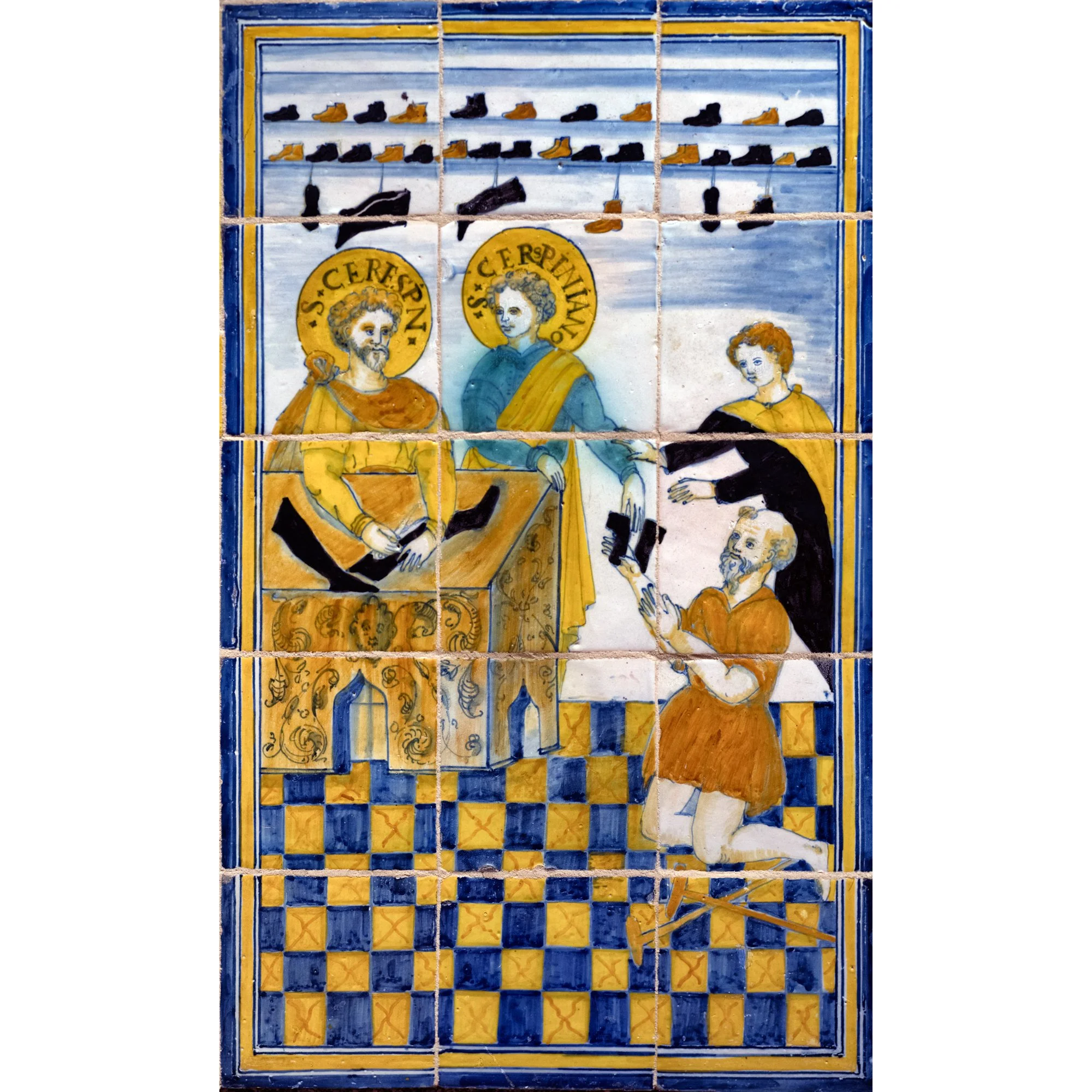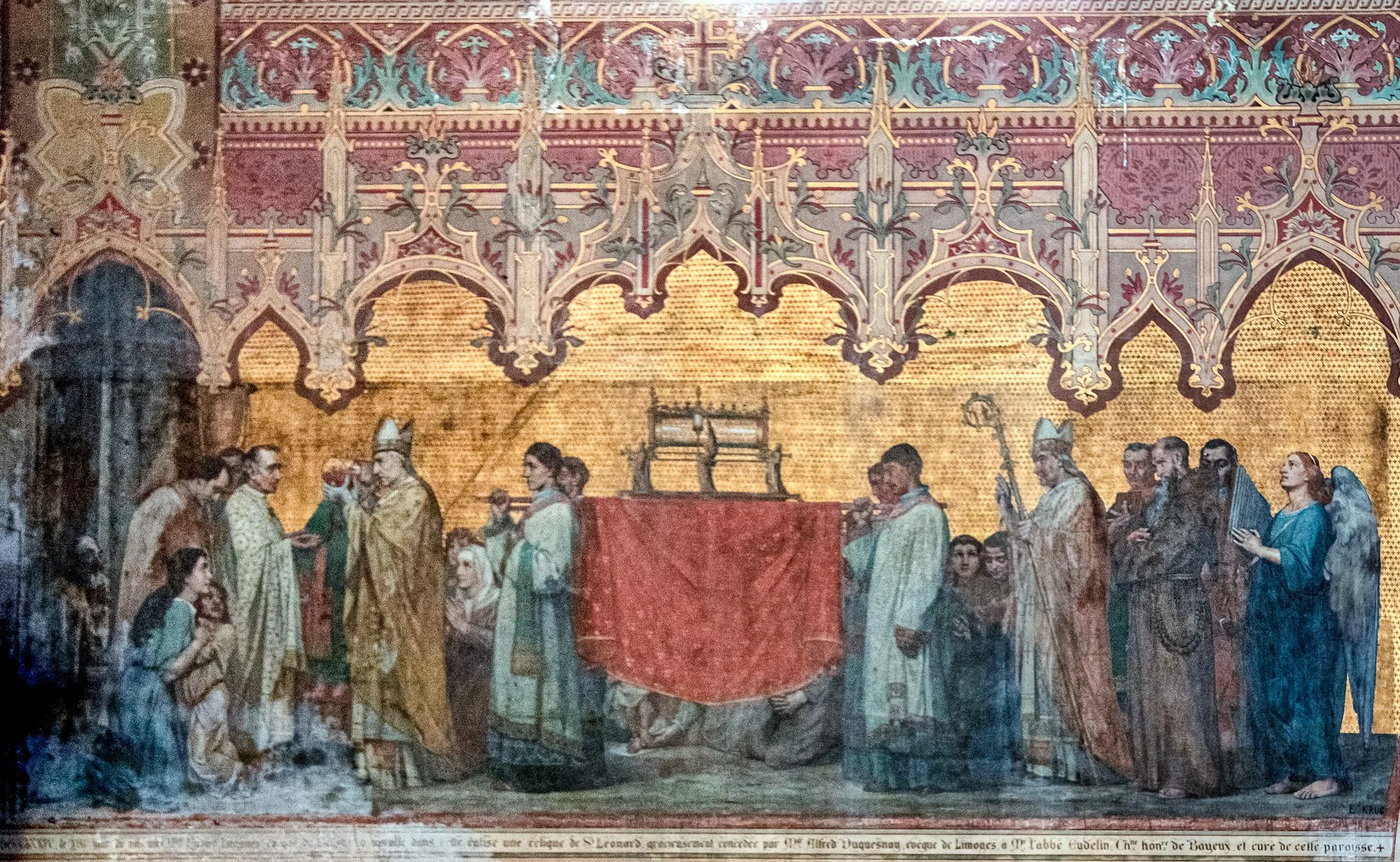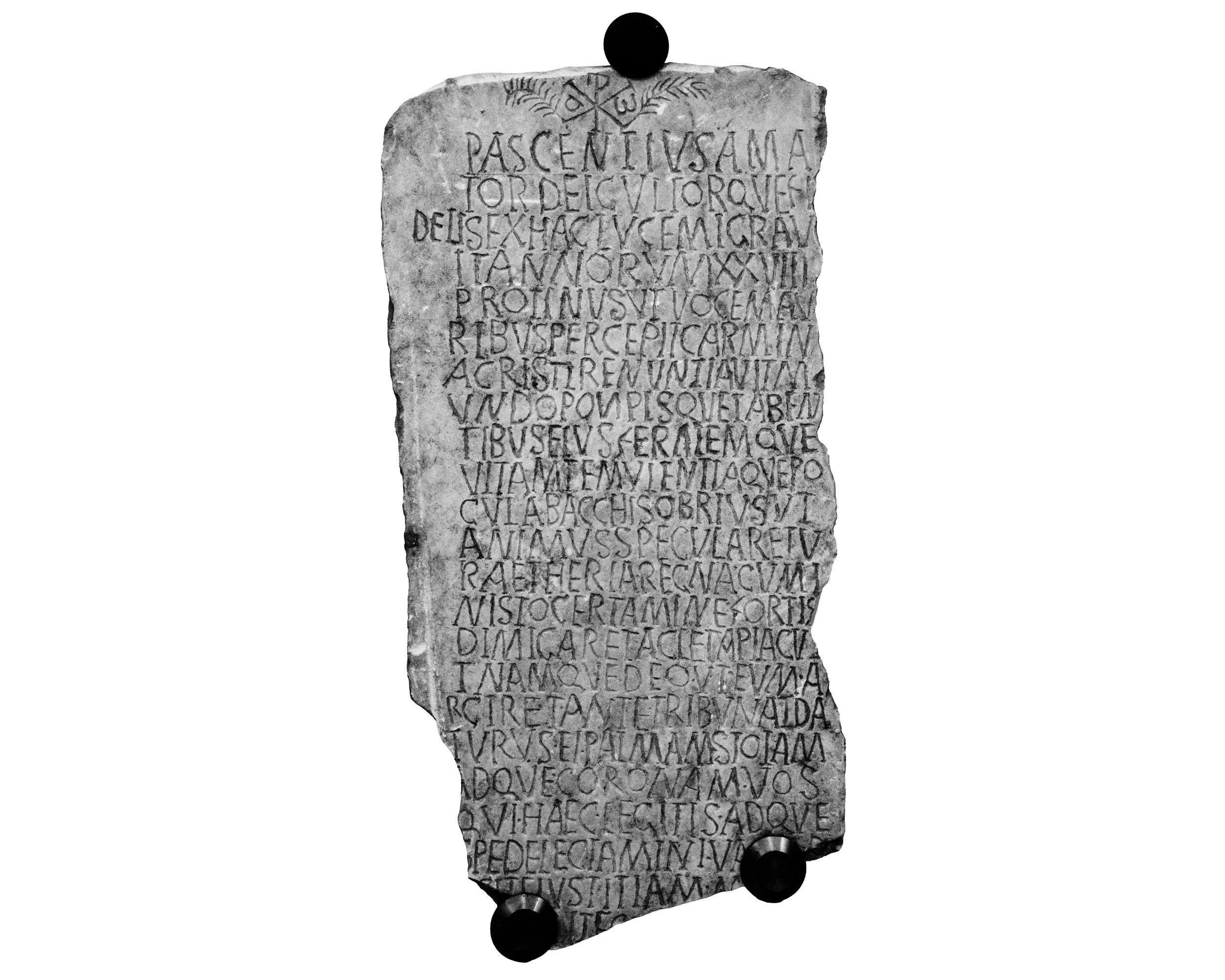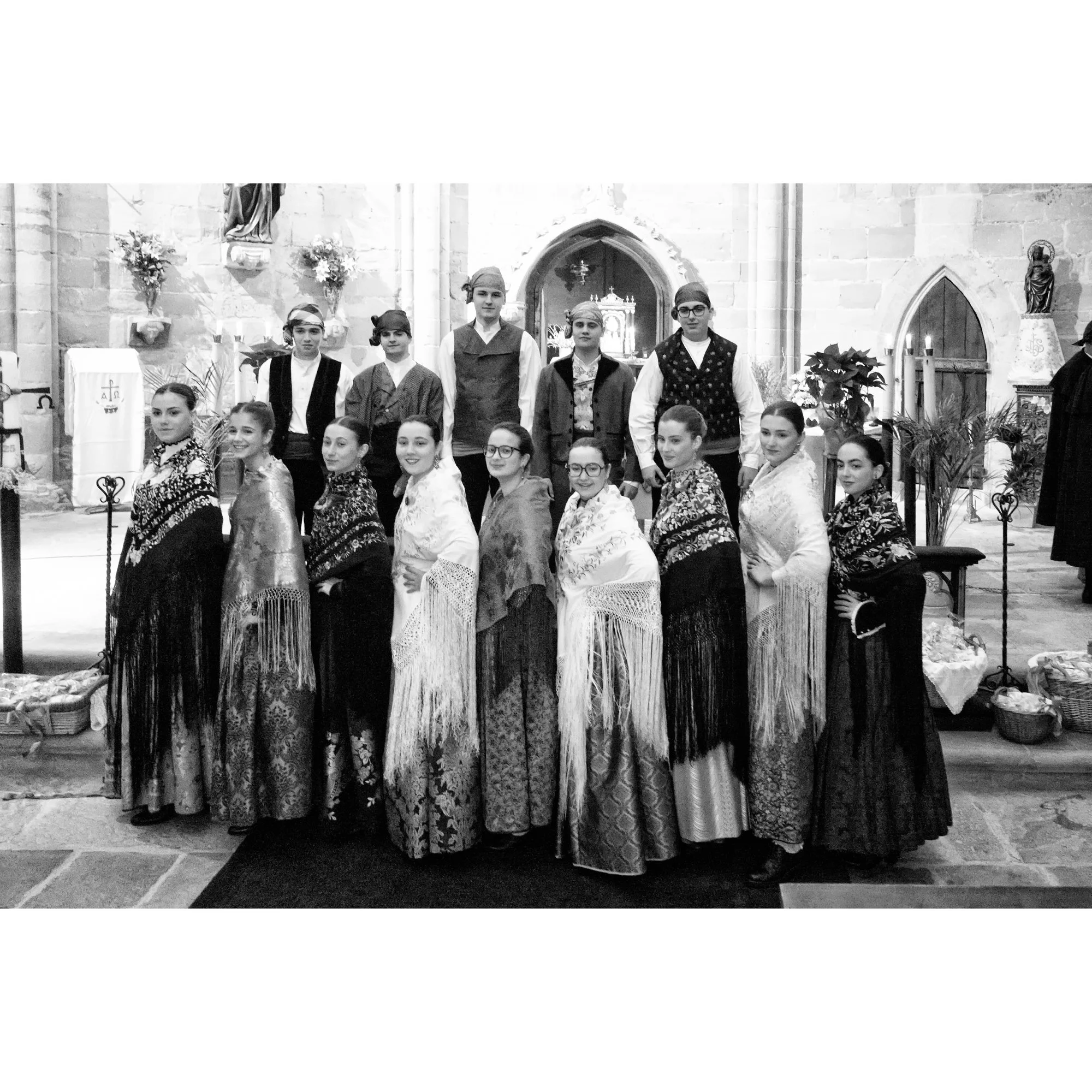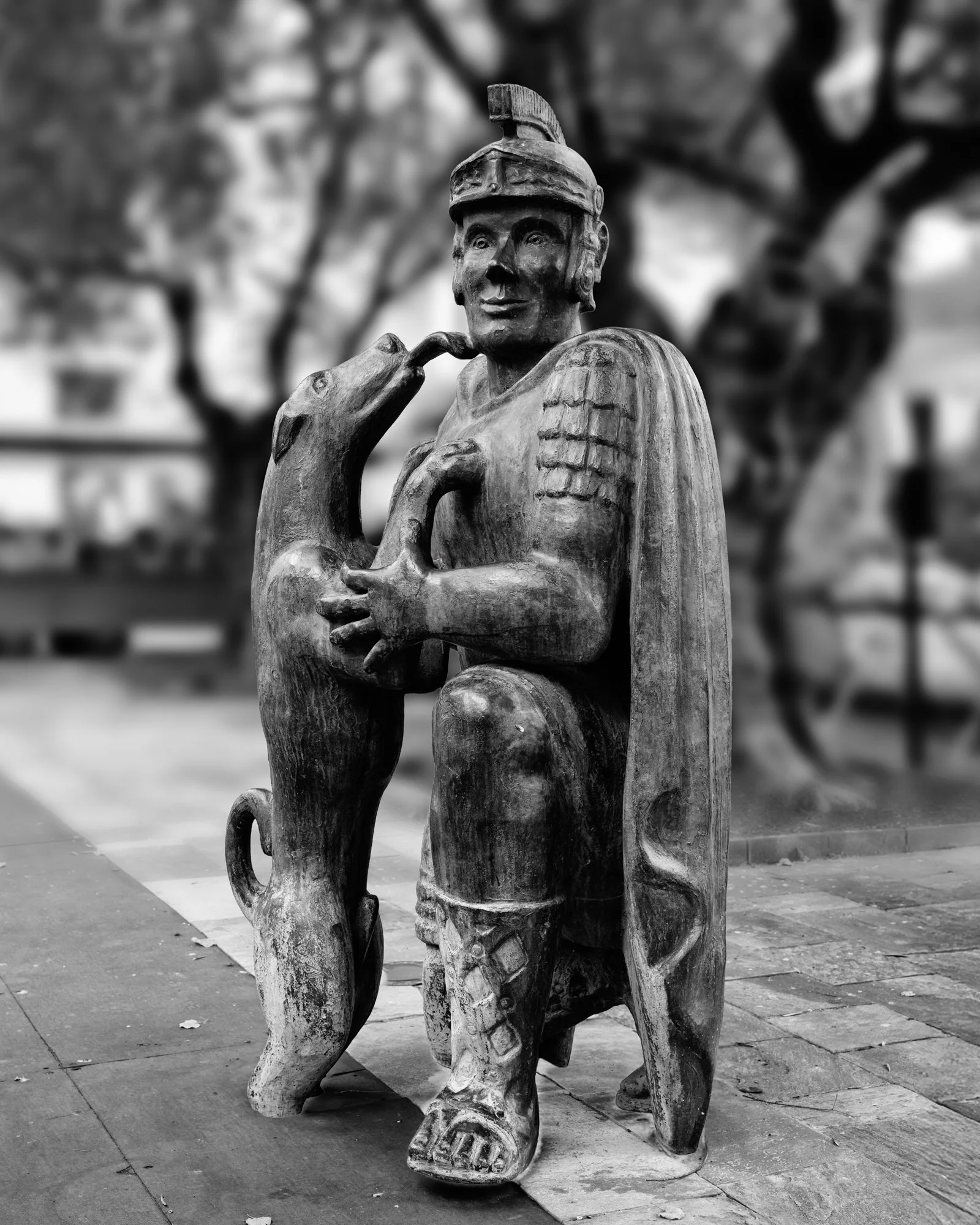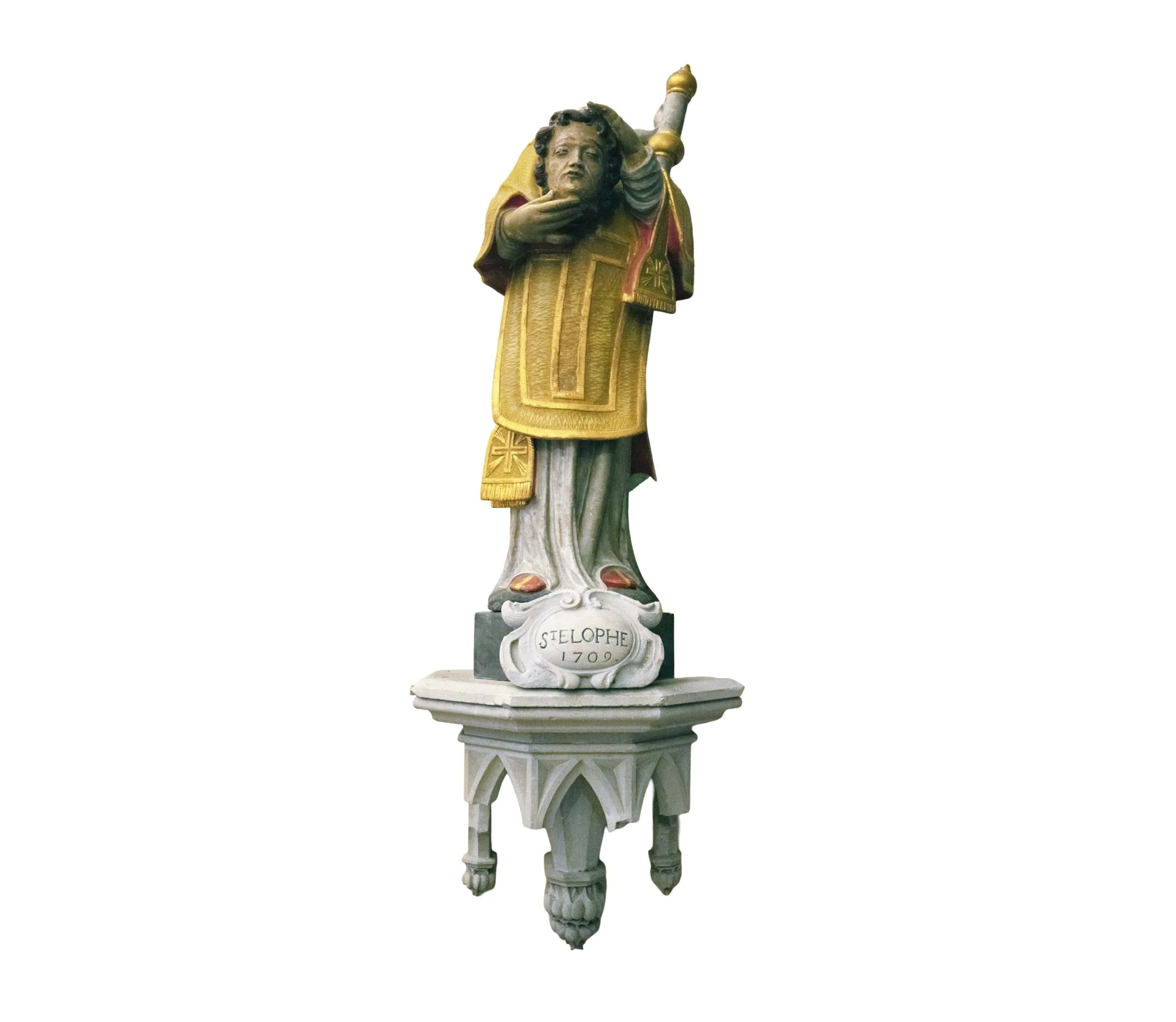Why Power, Sex, and Silence Converge Where They Do
Kompromat: Evolutionary impulse supplies the hook; social taboo supplies the trap.
When the story of Jeffrey Epstein is retold, it often dissolves into lists of names, flight logs, and denials. That misses the deeper point.
Epstein matters not because he was exceptional, but because he exposed a structural truth about power — and about human nature itself.
Who Jeffrey Epstein Was
Jeffrey Epstein was an American financier whose wealth, client base, and business model were never clearly explained, yet whose access to global elites was extraordinary. Over several decades, he moved inside the inner architecture of elite power, where politicians, financiers, academics, celebrities, and royalty converged. He owned multiple high-security properties, operated private aircraft, and cultivated a reputation for absolute discretion, while nobody knew where his wealth came from.
Behind this façade, Epstein ran a system that systematically abused and trafficked underage girls. Court records and survivor testimonies describe a pattern of recruitment, grooming, payment, coercion, and reuse. Jeffrey Epstein was convicted in 2008 in Florida for soliciting prostitution and procuring a minor for prostitution and served about 13 months for this under a lenient plea deal. Arrested again in 2019 on federal sex-trafficking charges, Epstein died in jail before trial. His death closed a criminal case, but it did not close the questions his life raised about elite impunity, private power, and institutional silence.
The Girls at the Centre
At the centre of Epstein’s operation were girls, many of them underage. They were recruited, groomed, paid, coerced, and reused. Their exploitation was not accidental. It was instrumental.
To understand why, one must look beyond scandal or personality and briefly — uncomfortably — toward evolutionary biology.
Why Young Girls Are the Ultimate Lever
From an evolutionary perspective, youth signals fertility, health, and reproductive potential. Across cultures and eras, these signals have exerted a powerful pull on male psychology — often stronger than reason, reputation, or long-term self-interest.
At the same time, those very signals place young girls in the opposite position socially. They are the individuals most in need of protection. They sit at the intersection of maximum biological attraction and maximum social vulnerability.
That contradiction is precisely why exploitation here is so effective.
When powerful men are drawn into sexual situations involving young girls, several forces collide:
deep evolutionary drives
absolute social taboo
severe legal consequences
irreversible reputational damage
The result is not merely transgression, but total vulnerability.
Closed Worlds, Open Leverage
Epstein’s homes, planes, and private island functioned as sealed environments — spaces stripped of ordinary safeguards. Inside them, boundaries softened. Escalation felt gradual. Silence felt mutual.
This is how kompromat works in practice. Not always through explicit blackmail, but through uncertainty: What happened? Who saw it? What exists?
Fear of exposure does not require exposure. Evolutionary impulse supplies the hook; social taboo supplies the trap.
Why Royals Matter
The association between Epstein and Prince Andrew, followed by Andrew’s settlement with a victim, became emblematic for a reason.
Royalty embodies two extremes at once:
elevated status
catastrophic reputational fragility
A compromised royal threatens not just an individual, but an institution built on legitimacy, continuity, and deference. The instinctive response is protection: deflection, minimisation, procedural fog.
This is not conspiracy. It is institutional self-preservation.
Trump, Epstein, and the Logic of Exposure
Epstein’s close social relationship with Donald Trump has been extensively documented. Trump publicly described Epstein as a friend in the past, socialised with him in elite circles, and appears alongside him in multiple accounts of New York and Florida high society.
Beyond social proximity, Trump has long been surrounded by publicly reported hypotheses concerning:
opaque financial dependencies
extensive ties to Russian and post-Soviet capital
and persistent stories and allegations involving sexual misconduct
Some of these allegations have led to civil cases or public settlements; others remain unresolved or contested. What matters here is not adjudication, but structure.
The connection is not evidentiary but systemic.
Intelligence and power systems have long understood that the most effective leverage does not create desire — it exploits existing drives. Whether through debt or sex, the principle is the same: exposure plus dependency equals influence.
Evolution supplies the weakness. Systems of power merely learn how to use it.
The Unspoken Contract of Silence
Elite worlds function on an implicit understanding: discretion is virtue; curiosity is danger.
Once someone has crossed an absolute boundary — especially one involving the exploitation of the young — silence becomes self-enforcing. People comply not because they are ordered to, but because their own instincts warn them what disclosure would cost.
This is governance without commands.
The Enduring Lesson
The Epstein affair was not primarily about sex, nor even about crime alone. It was about how deeply human biology can be weaponised inside modern power structures.
Young girls worked as leverage because evolution made them irresistible — and civilisation made their exploitation unforgivable.
That combination produces the strongest form of compromise there is.
Epstein is dead. The architecture he revealed remains.
Its core materials are ancient, and unsettlingly simple: desire, protection, fear — and silence.


